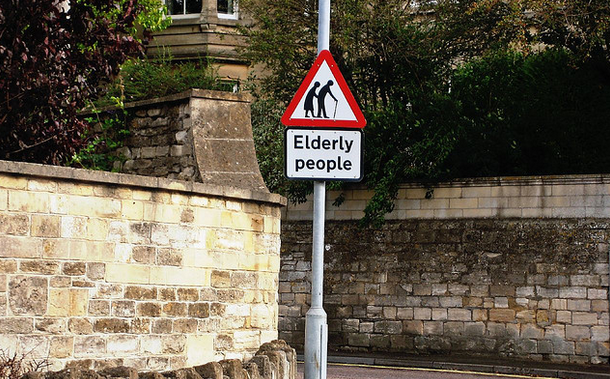Longer Lifespans: Great For Humans, Bad For Pension Funds

(molly)
Defined-benefit pensions are now a rare employee benefit, but they were once more common. Today’s retirement savings accounts work the other way, if you’re fortunate enough to have one at work: they’re defined-contribution plans where workers and their employers stick money in an account, invest it, and spend it after they are retired. With a defined-benefit pension, employees have paid in as much as they ever will, and withdraw benefits until they die. If the company dies first and can’t meet its obligations, the PBGC takes over.
It’s not like the major corporations like IBM and General Motors that have legacy pensioners are running around wishing that their retirees would just die already, but it does mean that companies have to recalculate their future payouts based on modern life expectancy. Companies are solving this in ways that are fundamentally boring but rather creepy. First, some are paying life insurance companies to take over paying pension benefits, which can be a cost-saving move. The insurance companies get to balance out their risk a little bit: on the insurance side, they make less money if a retired person dies relatively young. If they live for 25 years past retirement, that’s a burden on the pension side.
In the future, investment banks might begin packaging our lifespans as securities again. Yes, “again.” This was a thing before the 2008 financial meltdown, where investment banks turned the risk that we might outlive our pensions into securities.
Bad News: People Are Living Longer; Just Ask AT&T, IBM, GM [Bloomberg News]
Want more consumer news? Visit our parent organization, Consumer Reports, for the latest on scams, recalls, and other consumer issues.

